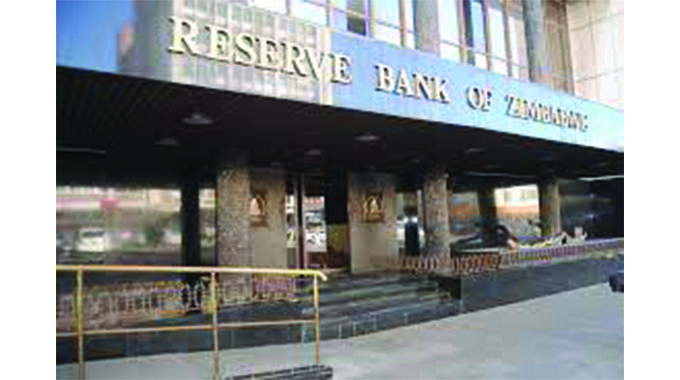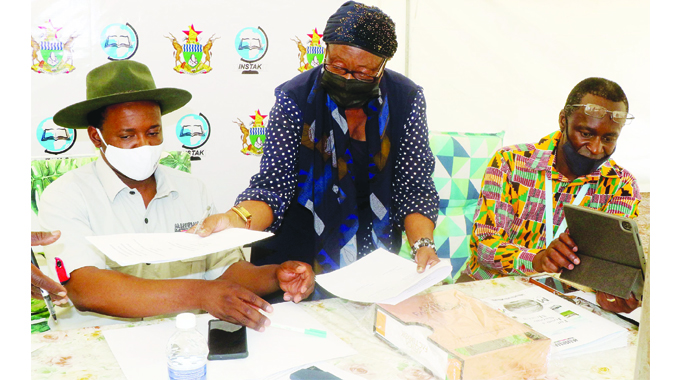PPC Zimbabwe unit bolsters group earnings

Nqobile Bhebhe, Senior Business Reporter
LEADING cement producer, Pretoria Portland Cement (PPC) says its Zimbabwean unit is financially self-sufficient and a going concern on a standalone basis with no funding requirement from the parent group.
In its consolidated financial report for the financial year ending 31 March, the South Africa-headquartered firm said PPC Zimbabwe, despite continuing to operate under a challenging economic environment, has been able to generate cash surpluses and operates as a going concern, with no compromises or payment plans required.
“PPC Zimbabwe continues to trade ahead of expectations even though trading conditions remain challenging due to the macro-economic environment,” said the holding company.

Pretoria Portland Cement
In the period under review, the Reserve Bank of Zimbabwe (RBZ) honoured its obligation to settle PPC Zimbabwe’s legacy debt. To that end PPC Zimbabwe is financially self-sufficient and is focused on cash preservation and maximising US dollar earnings before interest, taxation, depreciation and amortisation (Ebitda), the report noted.
“The Reserve Bank of Zimbabwe met the final debt repayment on a third-party loan in December 2021 and as such PPC Zimbabwe currently has no short or long-term debt,” said the group.

Hwange Thermal Power
“The cash flow forecasts reflect a minimum cash balance in excess of US$12 million, before dividends, over the period to June 2023.
“PPC Zimbabwe is a going concern on a standalone basis and there is no funding required from PPC Ltd or elsewhere within the group.”

The group said it received US$6,2 million in dividends from PPC Zimbabwe in full year, plus US$4,4 million in June 2022, the report said.
Cement sales volumes increased by 28 percent year-on-year due to retail demand and support from Government-funded projects.
The Second Republic, which came into being in November 2017, has, among other fundamentals, prioritised infrastructural development to promote economic growth and development in line with Vision 2030, where an upper-middle-income economy status is targeted.
Over the years, the Second Republic embarked on various infrastructural development projects that include Kariba South Hydropower Station expansion project, US$1,4 billion Hwange Thermal Power Expansion project, and the Lake Gwayi-Shangani investment.
The projects require a huge steady supply of cement. “Relative to the 12 months ended 31 March 2020 (pre-Covid-19), volumes increased by 41 percent.
Revenue increased by 34 percent to R2 172 million (March 2021: R1 623 million) as a result of increased cement sales volumes.
Compared to the 12 months ended 31 March 2020 (pre-Covid-19), revenue increased by 17 percent,” reads the report. PPC Zimbabwe incurred additional costs in importing clinker to support volume growth and offset the impact of a planned and unplanned kiln shutdown during the period.









Comments